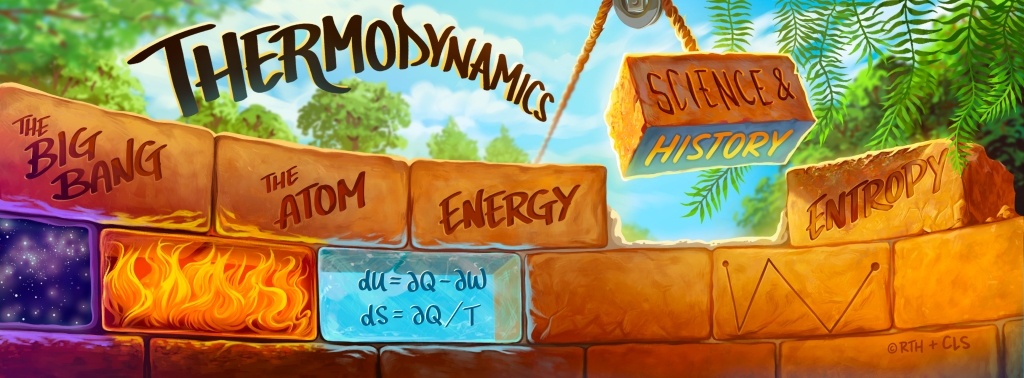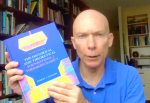Ludwig Boltzmann (1844-1906) brought his mastery of mathematics to the kinetic theory of gases and provided us with our first mechanical understanding of entropy. To Boltzmann, his work proved that entropy ALWAYS increases or remains constant. But to others, most notably Josef Loschmidt (1821-1895), his work contained a paradox that needed to be addressed. Loschmidt asked a provocative question about this paradox that motivated Boltzmann to transform his mathematics from mechanics to probability. The end result was a probabilistic entropy: entropy ALMOST ALWAYS increases. What was the question? Watch to find out.
For an excellent in-depth analysis of the development of the kinetic theory of gases and Boltzmann’s connection of entropy to the movement of the hypothesized atoms and molecules, I highly recommend Stephen Brush’s Kinetic Theory of Gases, The: An Anthology of Classic Papers with Historical Commentary.
I delve into the mathematical details of Boltzmann’s work, and also the personal details of his battle to defend his work, in my book.




Leave a comment